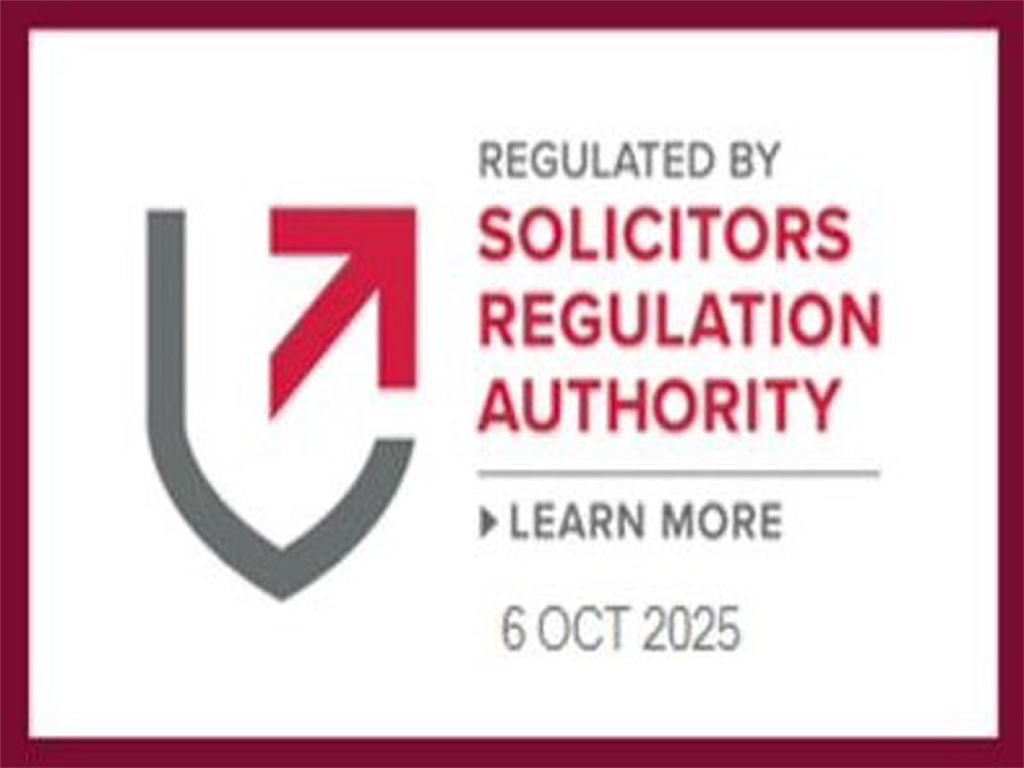Asylum applications for children
Significant Case Victory Update: TN/MA and AA (Afghanistan) v SSHD
The government has won a significant victory for its dealings with Afghan minors. The Supreme Court, the highest court in the UK, has ruled that children are in no better position to win asylum than anyone else. The court ruled that a failure to conduct family tracing in the past does not necessarily improve a person’s chances of winning asylum today. In a further win for the government, the court ruled it had been lawful to delay a right of asylum appeal to children with limited leave of less than one year.
As a child, you can lodge your application for asylum at the port at which you arrive in the United Kingdom, or after you have entered the country at a Local Enforcement Office or an Asylum Screening Unit, in the same way as an adult applying for asylum. Even if you are accompanied by your family members, you can still make an application for asylum on your own. The Home Office will treat you as a child if you are under 18 years of age or if, in the absence of any documents establishing your age, you appear to be under that age.
Once you have been accepted as being under the age of 18 years, the following procedure will be followed by the Home Office in processing your claim for asylum.
Asylum Screening Interview Advice
You will be asked to go through a screening interview, the purpose of which is to establish your identity, nationality and route to the United Kingdom. If you have not already had your screening interview before coming to see us, we will be able to go to the screening interview with you.
During the interview you will be asked basic questions covering the following areas:
• Name
• Nationality and date of birth/age
• Address and care provider
• Relationship to care provider
• Details of parents/family
• Details of any sponsor
• Journey details
You will then have your photograph taken and this will be kept on your Home Office file.
Fingerprints
Statement of Evidence Form (SEF)
Reporting
Asylum Interview
Details of Claim
In most respects the Home Office will consider your claim for asylum in the same way that they would consider that of an adult. That means that you have to show to a reasonable degree of likelihood that you have a well-founded fear of persecution in your own country for reasons of race, religion, nationality, political opinion, or membership of a particular social group. However, there will be a difference in emphasis in assessing your credibility the Home Office are instructed to consider additional child-specific factors when considering various aspects of your claim. You may also not be able to explain the events that have happened to you in the same way or amount of detail as would be expected of an adult. This means that the Home Office must give more weight to objective evidence about possible risk to you than to your state of mind and understanding of your situation. The younger or less mature you are, the less you will be expected to know about the situation in your own country or how travel arrangements were made. This may also explain any inconsistencies in your account. The Home Office will give you more benefit of the doubt when considering the claim.
Possible Decisions Regarding your Claim for Asylum
Refugee Status and Grant of Asylum
If you are able to satisfy the Home Office that your claim for asylum is credible and that there is a real risk that you will face persecution upon return to your own country because of a Convention reason, the Home Office will recognise you as a refugee in accordance with the United Kingdom’s obligations under the 1951 United Nations Convention Relating to the Status of Refugees and the 1967 Protocol and The European Council Directive (2004/83/EC) of 29 April 2004 on the Minimum Standards for the Qualification of Third Country Nationals or Stateless Persons as Refugees or as Persons who Otherwise Need International Protection (The ‘Qualification Directive’). If you are granted refugee status, you will be issued with a residence permit to remain in the United Kingdom for a period of five years after which time you will be able to apply to remain in the United Kingdom indefinitely, subject to the active review procedure.
Grant of Humanitarian Protection
If the Home Office considers that you do not qualify for refugee status, the case owner must consider whether you qualify for Humanitarian in accordance with the provisions of the Qualification Directive. The Directive establishes common standards across Europe to assess whether a person qualifies as a refugee. The Directive also creates a new category of protection, known as subsidiary protection where a person does not qualify as a refugee. If you are granted humanitarian protection, you will be issued with a residence to remain in the United Kingdom for a period of five years after which you will be able to apply for indefinite leave to remain, subject to the active review procedure.
Grant of Discretionary Leave
If the Home Office consider that you do not qualify for asylum or humanitarian protection or otherwise for Discretionary Leave to Remain under the general policy and the Home Office is satisfied that your family cannot be traced, the option of voluntary return has been explored and rejected or adequate reception and care arrangements are not available in your country of origin. You must be granted Discretionary Leave to Remain for up to three years or until you are 17 ½ years of age, whichever is the shorter period. When the period of Discretionary Leave to Remain you are granted is about to expire, it is possible to apply to extend the leave for a further period of up to three years. Once six years of Discretionary Leave to Remain have been completed, it is possible to make an application for Indefinite Leave to Remain.
Outright Refusal of a Claim for Asylum
(a) Unaccompanied Children
If you do not meet the criteria for a grant of asylum, humanitarian protection or Discretionary Leave to Remain and the Case Owner is satisfied that there are adequate reception and care arrangements available in your country of origin your application will be refused outright.
(b) Accompanied Children
If you do not meet the criteria for a grant of asylum, humanitarian protection or Discretionary Leave to Remain and the Case Owner is satisfied that you can be returned together with a parent, other adult relative or guardian, your application will be refused outright.
If your application is refused on any of the above grounds, it may be possible to appeal against the refusal to an independent Immigration Judge within 10 working days of receiving the decision.
Support for Children Applying for Asylum
Children’s Services/Social Work Departments
As an unaccompanied asylum seeking child you are eligible for support by the Local Authority Children’s Services Department under section 17 or section 20 of the Children Act 1989. Section 17 places a general duty on every Local Authority to safeguard and promote the welfare of children in need within their area by providing services appropriate to those children’s needs. Section 20 requires every Local Authority to provide accommodation for children in need within their area who require accommodation if:
- There is no person who has parental responsibility for them;
- The children have been lost or abandoned; or
- The person who has been caring for them has not been able to provide them with suitable accommodation.
The nature of the support the Social Services will provide to you depends on an assessment of your individual needs. Mostly, children under 16 are placed with foster parents or in a children’s home, but those aged 16 or over will often be assessed as capable of more independent living, eg in shared accommodation with some level of supervision.
The Social Services department will assign you a Social Worker who will be responsible for looking after your needs. This will include placing you in suitable accommodation, providing you with a weekly allowance of money for your essential living needs, helping you to register with a doctor and arranging an appropriate level of education.
Dispute about Age
If the Home Office do not accept that you are under the age of 18, they will dispute your age and it will then be necessary to prove your age. The best way in which to prove your age is to provide documents establishing your age. These may include your birth certificate, identity certificate or card or school certificates. If you are unable to establish your age through documents, it will be necessary to consider referring you to the local social services department to carry out an age assessment. This will include a social worker observing your physical characteristics and behaviour and interviewing you about your life in your country of origin, your journey to the United Kingdom etc. It is also possible to refer you for a medical assessment to confirm your age. However, it is necessary to note that both the social services’ assessment and medical assessment cannot provide an exact date of birth, only an approximate age. Therefore, wherever possible, it is best to provide documentary evidence to establish age. Where we are unable to establish that you are under the age of 18 through the above methods, the Home Office will treat you as an adult asylum applicant and the more beneficial manner in which a child’s asylum application is dealt with, will not be applied to you.
However, if the application is refused initially by the Home Office, it may still be possible to convince an Immigration Judge on appeal of your claimed age. In circumstances where your age is not accepted by the Home Office, you will not usually be supported and accommodated by the local authority but will have to instead make an application for support to the National Asylum Support Service as an adult applicant.
Dispute about Age
Contact Us
If you want more information on applying for asylum, call us on: 0121 409 1113 or email: lexfieldlawpartners@outlook.com, or click here to make an online enquiry.
We are open from 9am till 5.30pm, Monday to Friday. If you work full time and can’t see us during the week, we offer pre-arranged Saturday appointments for your convenience.
Enquire today
Contact Us
We have 15 years’ experience in divorce and family law and our staff are all fully trained solicitors with a variety of experience behind us. We are based in Birmingham but our client base is nationwide as face to face meetings are not always necessary. We are a very friendly and approachable team with a high success rate while we keep a very competitive pricing.
Quick Links
Get In Touch
- 0121 409 1113
- +44 (0)7537 184 731
- +44 (0)7418 605 037
- lexfieldlawpartners@outlook.com
- info@chocolate-swan-247307.hostingersite.com.
- support@chocolate-swan-247307.hostingersite.com
- lawyer@chocolate-swan-247307.hostingersite.com
- sylvestersultan@chocolate-swan-247307.hostingersite.com
-
Address:
Lexfield Law Partners, 395 George Rd, Birmingham, WMD B23 7RZ, United Kingdom


